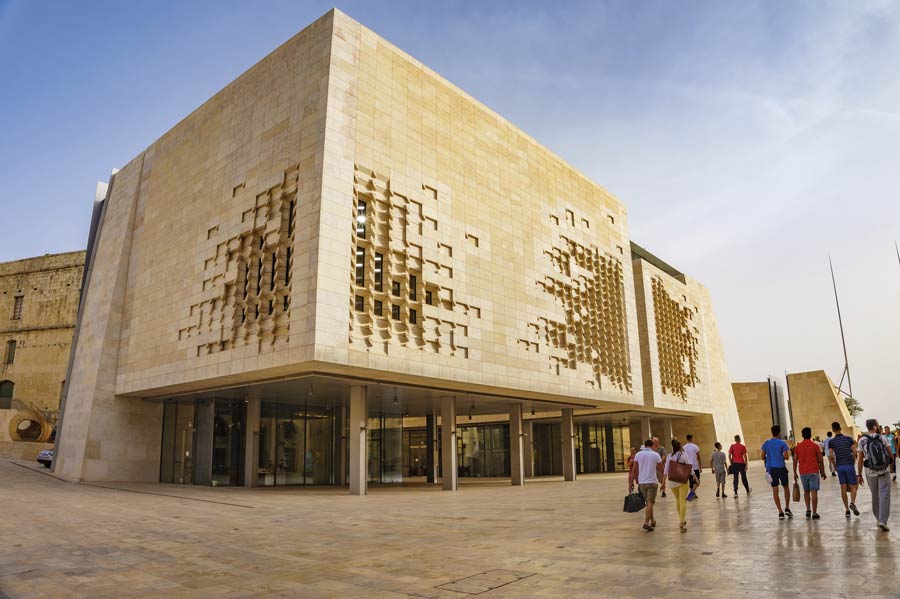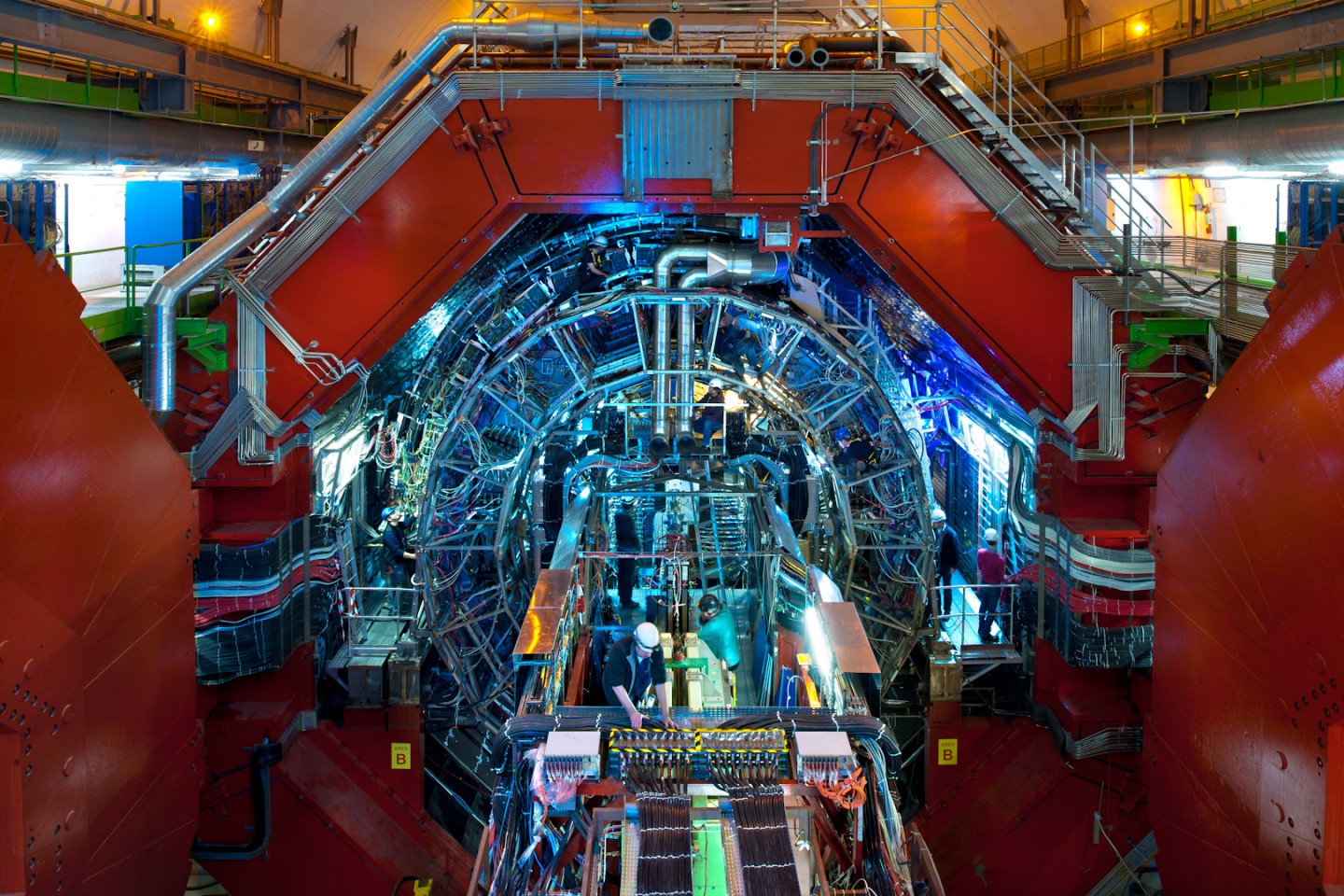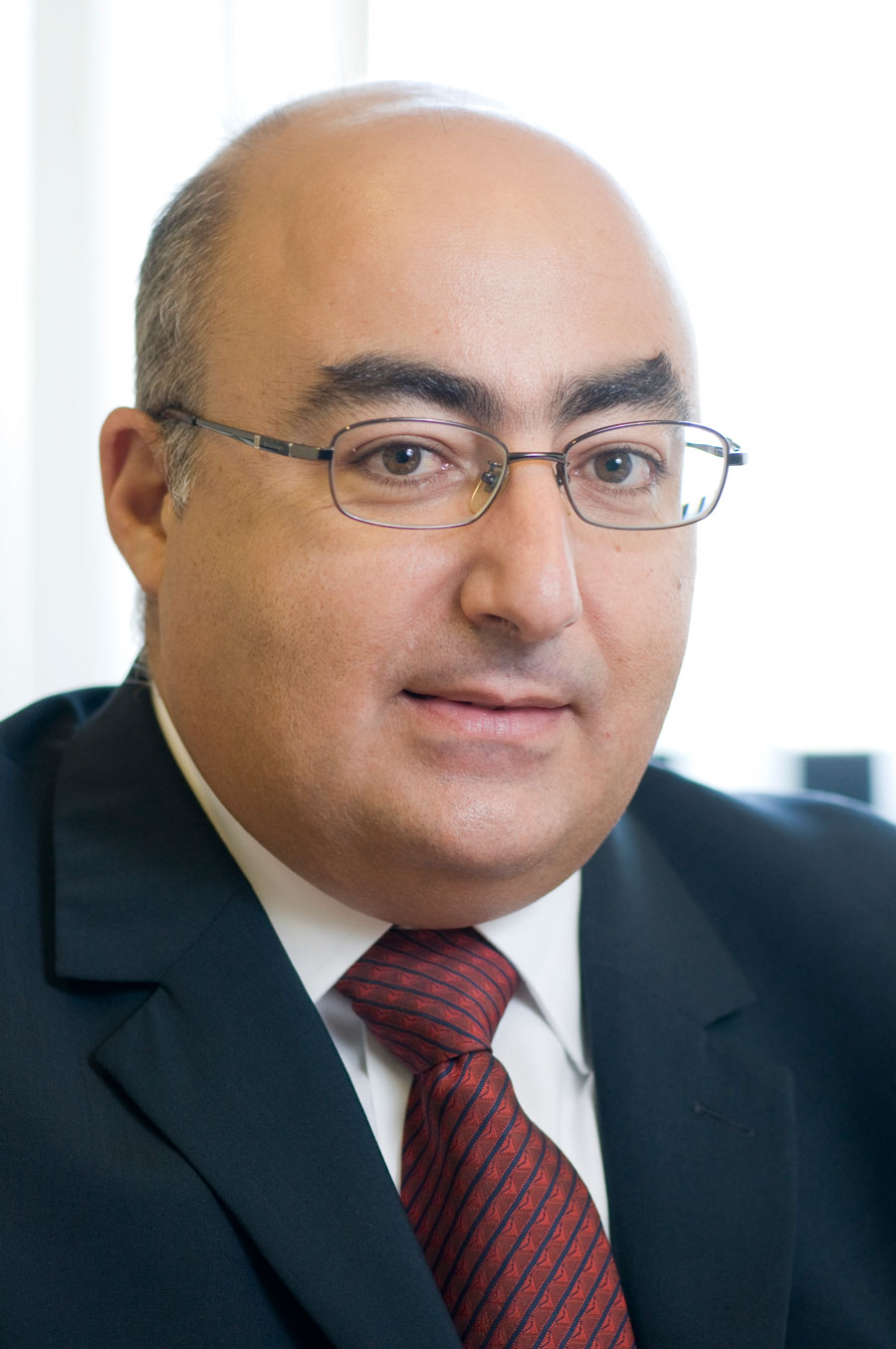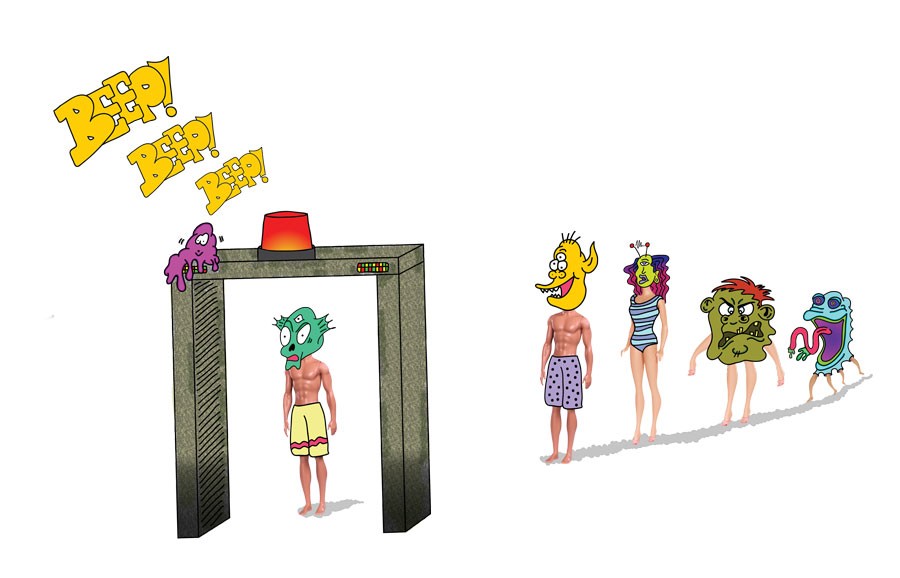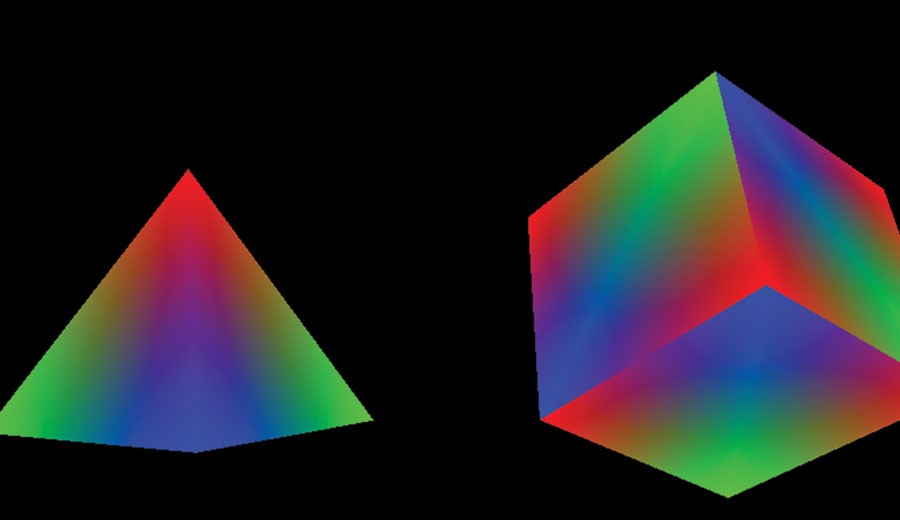Satellite observation helps us understand our environment down on the ground. From tracking ocean currents to studying sinkholes, the applications are endless as long as the technology can keep up.
Continue readingSTEM ambassadors thrashing stereotypes
Over the last four decades, STEM industries have risen to great heights. Scientific, technological, engineering, and mathematical minds have been called to rally. And the demand continues. How can you contribute?
Few would dispute that technological and scientific advancements dominate the 21st century. Adverts provide ample proof. From tablets to smartphones, to robot home appliances and driverless cars, our world is changing fast. As a result, we are now living in a global knowledge-based economy where information can be considered as the highest form of currency. This reality comes with both benefits and challenges.
Statistics from 2013’s European Company Survey show that 39% of European Union-based firms had difficulty recruiting staff with STEM skills. Malta is no exception. Another report in 2018 showed that people with STEM careers are still in short supply locally, especially in the fields of healthcare, ICT, engineering, and research. So, while the jobs are available, there aren’t enough people taking up STEM careers, and this is holding Malta back.

There are many reasons for this trend. For one, Malta has a low number of tertiary level graduates; the third lowest in the EU. An array of harmful stereotypes can also shoulder some blame. The ‘fact’ that people in math, science, and technology ‘don’t have a social life’ is unhelpful. The ‘nerd’ image is still prevalent, especially among the younger generations that are still in primary and secondary school. Then there is the ‘maleness’ associated with STEM jobs and industries. According to Eurostat statistics, in 2017, from 18 million scientists and engineers in the EU, 59% were men and 41% women.
Still, this is far from the whole picture.
Employers have reported instances where, despite having enough graduates to fill roles, applicants did not possess the right non-technical skills for the job. This was especially true for abilities such as communication, creative thinking, and conflict resolution.
Many were unprepared to work in a team, to learn on the job, and to problem solve creatively. This is a real concern, especially for the country’s future. At the rate with which markets are evolving, a decade from now young people will be applying for jobs that do not exist today, and the country needs to prepare students for these roles. And it has to start now.
The Malta Council for Science and Technology (MCST) is trying to do this through an Erasmus+ project called RAISE. They are launching an Ambassador Programme to empower young students to take up the STEM mantle. STEM Career Cafés are going to be popping up in schools all over Malta, alongside a Career Day at Esplora aimed to inform and inspire. This is where you come in.
They want undergraduates from the University of Malta and MCAST to work with Esplora by sharing your experiences in STEM and telling your stories to encourage those who may be considering a STEM career. STEM Ambassadors will gain important public engagement skills while making research and science careers more accessible.
STEM is crucial in our contemporary world; our economies depend on it. It has completely changed the way we live and opened up new prospects for a future we never imagined. For those who have already made up their mind to be a part of it, there is now the opportunity to empower others and guide them in finding their own path.
Note: To become a STEM Ambassador, email programmes@esplora.org.mt or call 2360 2218.
The MCST, the University of Malta, and the Malta College of Arts, Science and Technology have embarked on a national campaign to promote STEM Engagement. Its first activity was a National STEM Engagement Conference.
apps4Parliament: Making parliamentary data more accessible

The Maltese people are known for being generous, hospitable, and passionate. They jump into any argument, mind, body, and soul… especially when it’s about politics. Continue reading
Do you recognise me?
By Julia Farrugia
Automatic facial recognition could change the world of law enforcement. Profile photos of suspects are rarely available, so investigators still rely on face sketches based on eyewitness descriptions. Julia Farrugia (supervised by Dr Ing. Reuben Farrugia) implemented an automatic face recogniser that is able to retrieve a photo based on a sketch. This narrows down the number of potential criminals before trails start to go cold.Continue reading
ALICE’s Adventures in Switzerland
Hidden 175 metres below the Franco-Swiss border lies a feat of human ingenuity: the Large Hadron Collider (LHC). The LHC is the largest scientific instrument ever constructed, providing mankind with the ability to begin unravelling the very fabric of the universe and everything around us. Now, following long established links with the European Organisation for Nuclear Research (CERN), University of Malta has signed a memorandum of understanding for its scientists’ collaborate with the latest set of experiments at the LHC. Words by Scott Wilcockson. Photography by Edward Duca.



